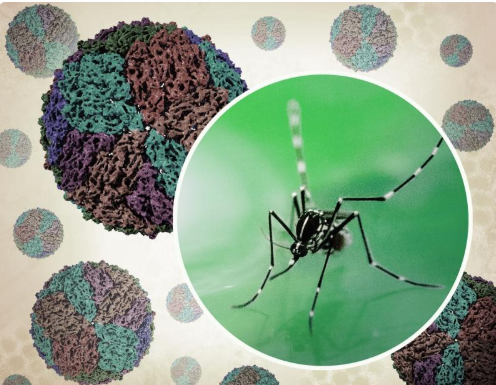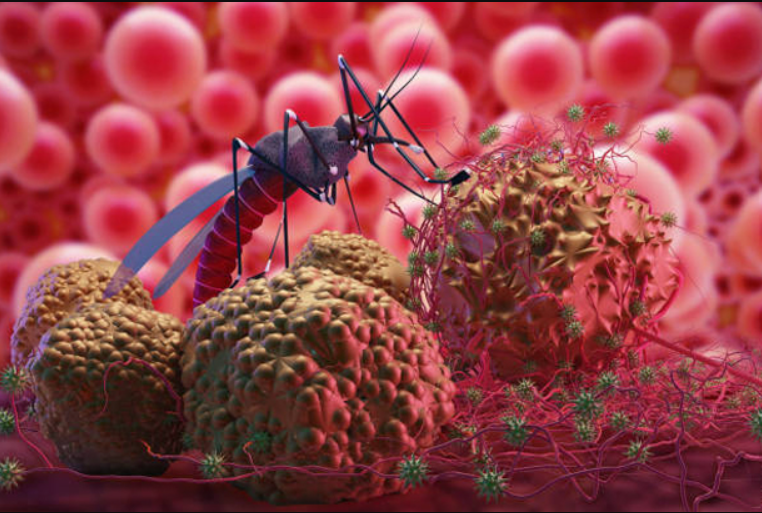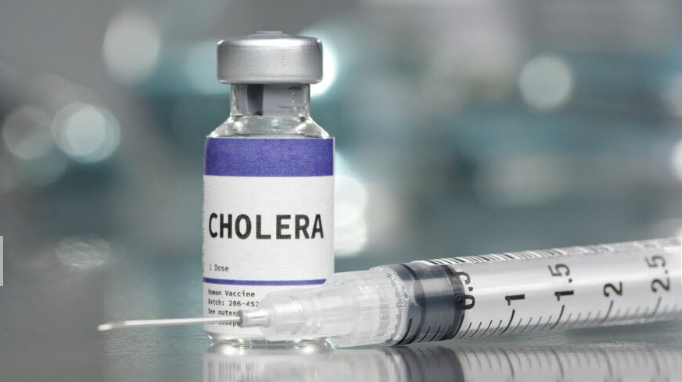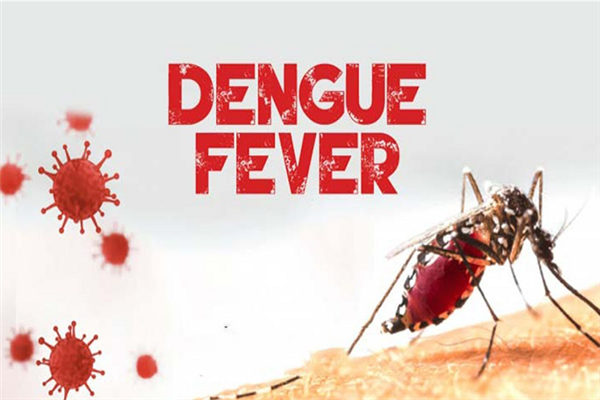Dengue fever is a mosquito-borne viral infection caused by the dengue virus (DENV), which is transmitted primarily by the Aedes aegypti mosquito (and less commonly Aedes albopictus).
It is characterized by:
- Sudden onset of high fever
- Severe headache (especially behind the eyes)
- Muscle and joint pain (hence sometimes called “breakbone fever”)
- Skin rash
- Nausea and vomiting

The cause of Dengue fever
1 Dengue virus
- There are four distinct but closely related types (serotypes): DENV-1, DENV-2, DENV-3, and DENV-4.
- Infection with one type gives lifelong immunity only to that type, but not to the others. A person can be infected up to four times.
- A second infection with a different serotype increases the risk of severe dengue.
2 Transmission through mosquitoes
- The main vector is the Aedes aegypti mosquito.
- Less commonly, Aedes albopictus (the Asian tiger mosquito) can also transmit the virus.
- These mosquitoes bite mostly during the daytime (early morning and late afternoon).
3 Human–mosquito–human cycle
- When a mosquito bites a person already infected with dengue virus, it becomes infected.
- The virus multiplies inside the mosquito, and when it bites another person, it injects the virus into their bloodstream, causing infection.
The symptoms of dengue fever
- High fever – sudden onset, often up to 40 °C (104 °F)
- Severe headache – especially behind the eyes (retro-orbital pain)
- Muscle and joint pain – sometimes called “breakbone fever”
- Nausea and vomiting
- Skin rash – appears 2–5 days after fever onset, often red and blotchy
- Fatigue and weakness
- Mild bleeding – such as nosebleeds, gum bleeding, or easy bruising
Severe dengue symptoms (medical emergency) may include:
- Severe abdominal pain
- Persistent vomiting
- Rapid breathing
- Bleeding under the skin or from organs
- Fatigue or restlessness
- Signs of shock (weak pulse, cold clammy skin)

The treatment for dengue fever
1. Home Care for Mild Dengue
- Rest: Avoid strenuous activity to help the body recover.
- Fluids: Drink plenty of water, oral rehydration solutions, soups, or juices to prevent dehydration.
- Fever and pain relief: Use paracetamol (acetaminophen) for fever and pain.
❌ Avoid aspirin or ibuprofen because they can increase the risk of bleeding.
2. Medical Care for Severe Dengue
- Hospitalization may be needed for:
- Severe dehydration
- Persistent vomiting
- Bleeding or low platelet count
- Signs of shock or organ involvement
- Intravenous (IV) fluids to maintain blood pressure and hydration.
- Blood transfusions in cases of severe bleeding.
- Close monitoring of vital signs, blood counts, and organ function.
3. Prevention of Complications
- Early detection is critical to prevent dengue hemorrhagic fever and dengue shock syndrome.
- Patients should avoid mosquito bites during illness to prevent spreading the virus.

